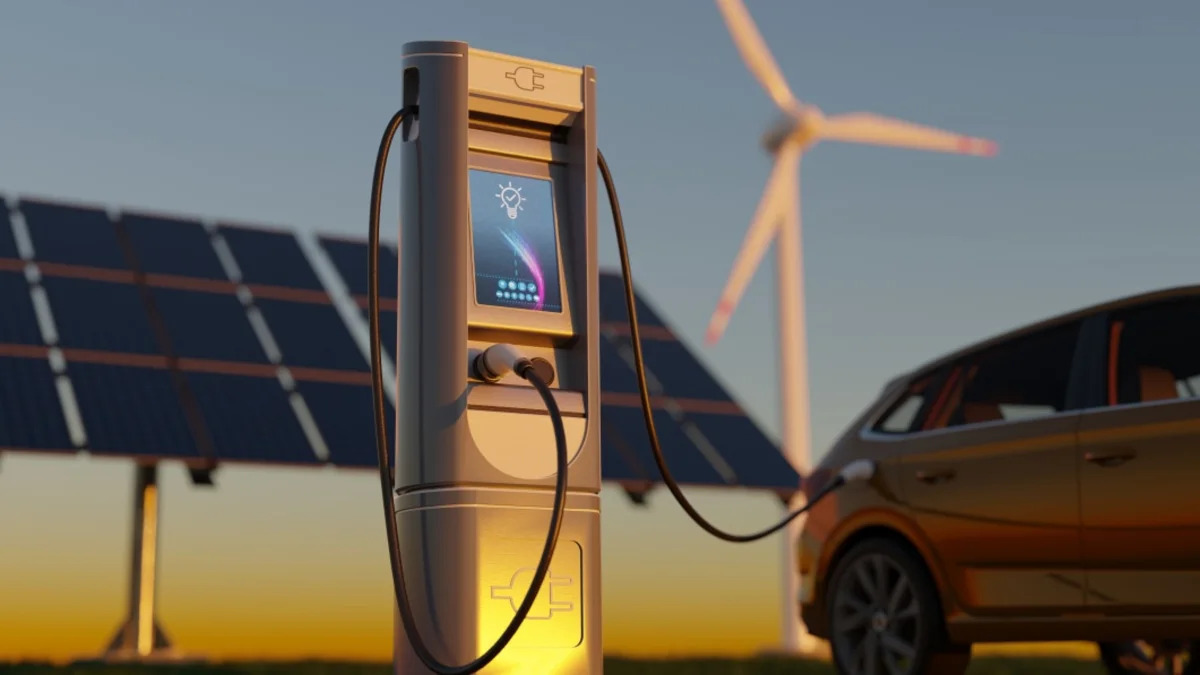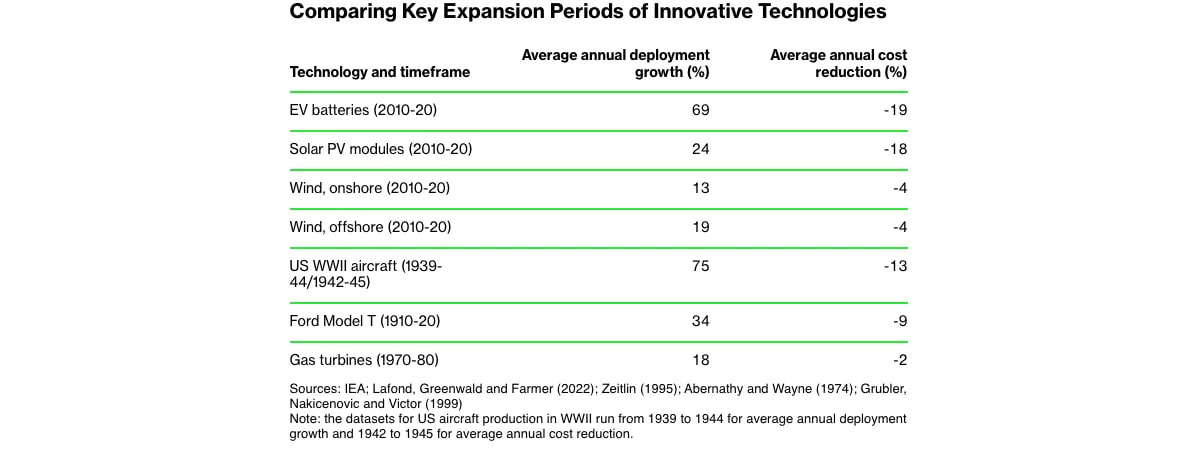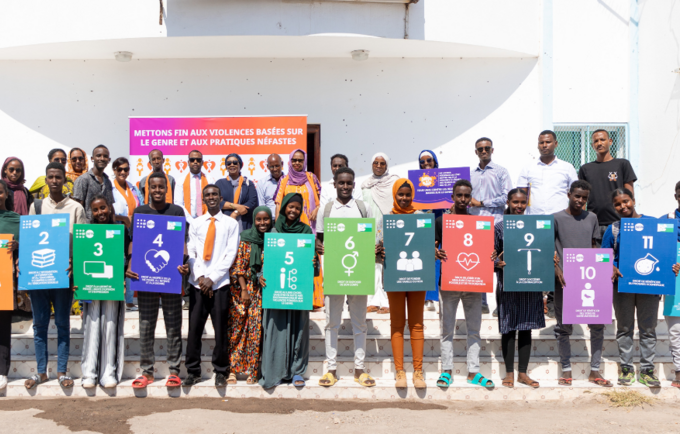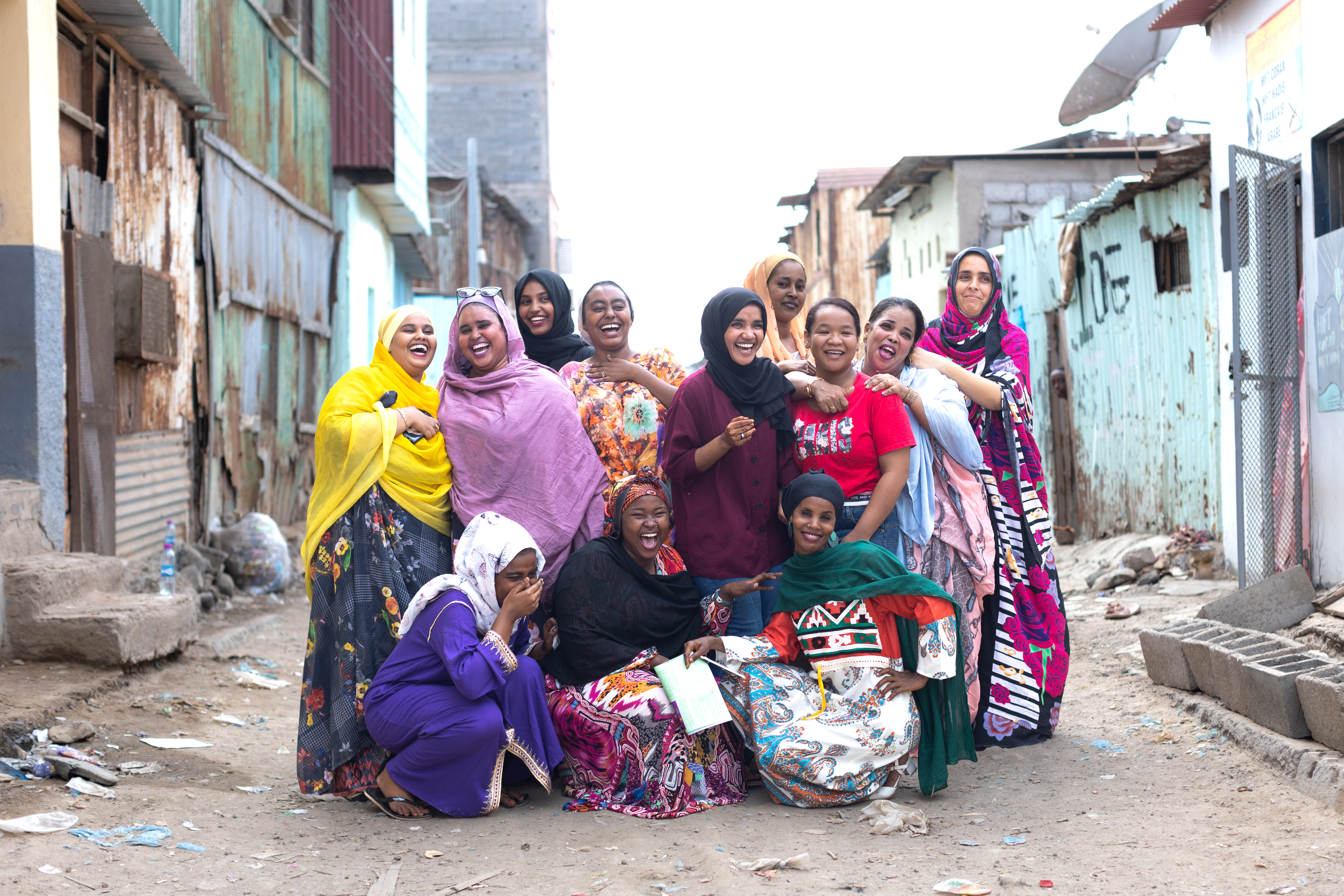MONDAY OCTOBER 09 2023

People march as tires burn during a protest in Port-au-Prince, Haiti on August 7, 2023.
More by this Author
The United Nations Security Council has approved deployment of Kenya-led international mission to Haiti to curb gang violence. The gangs have taken over most of the capital and countryside.
They control some government assets, disrupt normal functioning of the state, and have transformed life in that country into a violent Hobbesian dystopia.
What is left is Thomas Hobbes’ apocalyptic vision, where “everyone fears and mistrusts everyone else, and there can be no justice, no arts, no letters, no society, and worst of all, continual fear, and danger of violent death, and the life of man, solitary, poor, nasty, brutish, and short.”
There are two ironies about the mission to Haiti. One: Kenya, a country with a high crime rate and some regions made lawless by bandits, sending police to curb gang violence in Haiti. Two: Haiti, which gained independence in 1804, requiring the help of a country that got its independence in 1963, 159 years later.
Related

Haiti declared its independence from France after a successful slave revolt. That insurrection against Napoleon’s France, then the most powerful military force in the world, remains one of the most heroic struggles in history. The revolution was led by a visionary, Toussaint Louverture. However, the French tricked him into trap, arrested and jailed him in France, where he died.
Those who succeeded him as leaders of the revolution and later the independent nation of Haiti did not have his insight and foresight and presided over the downward spiral.
In all the years it has been independent, Haiti has only known murderous despotism, economic collapse, violence and grinding poverty. The taking over of the country by violent gangs is the coup de grace. It signifies that the country is only such by name. To pretend otherwise is to participate in a convenient lie.
Read: Kenya promises different ‘footprint’ in Haiti
Haiti’s administrative institutions, its civic organisation, its ability to respond to disasters or dispense justice and services to its people have broken down.
The international police force might succeed in defeating the gangs. But that victory, if at all realised, can only be temporary. Gangs taking over a country is symptomatic of more fundamental problems.
Therefore, the international community will have to address broken governance institutions, morally decrepit political leadership, economic stagnation, deeply entrenched culture of corruption, desperate poverty, and breakdown of law and order.
Hopefully, addressing these issues will restore confidence in Haitians about their own country, attract foreign investment, and grow tourism. It will encourage highly-trained Haitians in the diaspora to return and staff revived institutions. This revival would rekindle the spirit of Toussaint Louverture.
Haiti’s downward spiral has a lesson for Africa: Continue with morally corrupt leadership and theft of public resources, and Haiti’s fate will be your future.

Tee Ngugi is a Nairobi-based political commentator.









:quality(70)/cloudfront-eu-central-1.images.arcpublishing.com/thenational/HJGVT2MKANPMR42K6WA6HRTKVA.jpg)
:quality(70)/cloudfront-eu-central-1.images.arcpublishing.com/thenational/5LPXOS33JVFVPLMI5ADN6Z2UPI.jpg)
:quality(70)/cloudfront-eu-central-1.images.arcpublishing.com/thenational/SBTXYQHXXUPCQUTNTSH6FTOAQU.jpg)
:quality(70)/cloudfront-eu-central-1.images.arcpublishing.com/thenational/JEWXRRX22MFTPAXLE3WL3U2PSY.jpg)
:quality(70)/cloudfront-eu-central-1.images.arcpublishing.com/thenational/G6ZRHL5LBHAX2GQ4RJ2MZ74RPM.jpg)
:quality(70)/cloudfront-eu-central-1.images.arcpublishing.com/thenational/O367MBYI3YS4YXFQMJAMFCEV3U.jpg)
:quality(70)/cloudfront-eu-central-1.images.arcpublishing.com/thenational/S2TCZ7XT6WIZA5JGSCO2YDTPBM.jpg)
:quality(70)/cloudfront-eu-central-1.images.arcpublishing.com/thenational/LRLE6MOXANCMHBW6KTRZ3AXWFE.jpg)
:quality(70)/cloudfront-eu-central-1.images.arcpublishing.com/thenational/WCFEVMU4ZJ7NCQUYOLF3UYA4DE.jpg)
:quality(70)/cloudfront-eu-central-1.images.arcpublishing.com/thenational/BSQAH66WCEFQ7SB7KWUYAAF764.jpg)
:quality(70)/cloudfront-eu-central-1.images.arcpublishing.com/thenational/TXUWIC6X7AT2IARDBYUNOT2PJI.jpg)
:quality(70)/cloudfront-eu-central-1.images.arcpublishing.com/thenational/4SXNNDBXJS5SSHSCPMIL2OI7VA.jpg)
:quality(70)/cloudfront-eu-central-1.images.arcpublishing.com/thenational/7JKULRCNPVE274OI4NMIW5VR6Y.jpg)
:quality(70)/cloudfront-eu-central-1.images.arcpublishing.com/thenational/AM3VFERHXJN64FDFDTURYTV6W4.jpg)
:quality(70)/cloudfront-eu-central-1.images.arcpublishing.com/thenational/KSJ6IL4O3DLJXLLWYFSZ7ZP57U.jpg)
:quality(70)/cloudfront-eu-central-1.images.arcpublishing.com/thenational/CU3XLK55CIKVV5QP7E26GEIXCI.jpg)
:quality(70)/cloudfront-eu-central-1.images.arcpublishing.com/thenational/4BVRKFXOPVC256H6YAIE3KBPN4.jpg)
:quality(70)/cloudfront-eu-central-1.images.arcpublishing.com/thenational/2YZMHMHBCBLHTP73HB2BHGSKCI.jpg)
:quality(70)/cloudfront-eu-central-1.images.arcpublishing.com/thenational/X26R6EPZFI3AC6A4FBJW54UYCA.jpg)
:quality(70)/cloudfront-eu-central-1.images.arcpublishing.com/thenational/NGVFYRCHMWEMKWU6TW6ABJTUEA.jpg)
:quality(70)/cloudfront-eu-central-1.images.arcpublishing.com/thenational/V4PYOX676DEHN3O4KU2SXFYQAU.jpg)
:quality(70)/cloudfront-eu-central-1.images.arcpublishing.com/thenational/A7R3UMB6YXDS7MK7ZH36WHHZOU.jpg)
:quality(70)/cloudfront-eu-central-1.images.arcpublishing.com/thenational/EECG4OL5CKXKIC2CIYH3QWITEE.jpg)
:quality(70)/cloudfront-eu-central-1.images.arcpublishing.com/thenational/NDDXLNIMIFC2AQEB4LMAEB6ZFU.jpg)
:quality(70)/cloudfront-eu-central-1.images.arcpublishing.com/thenational/CXPZ6B73LT6LQWUOVCSUBLGPZQ.jpg)
:quality(70)/cloudfront-eu-central-1.images.arcpublishing.com/thenational/LA6CXAJJFBBVB3VYKHDAFZPPCA.jpg)



